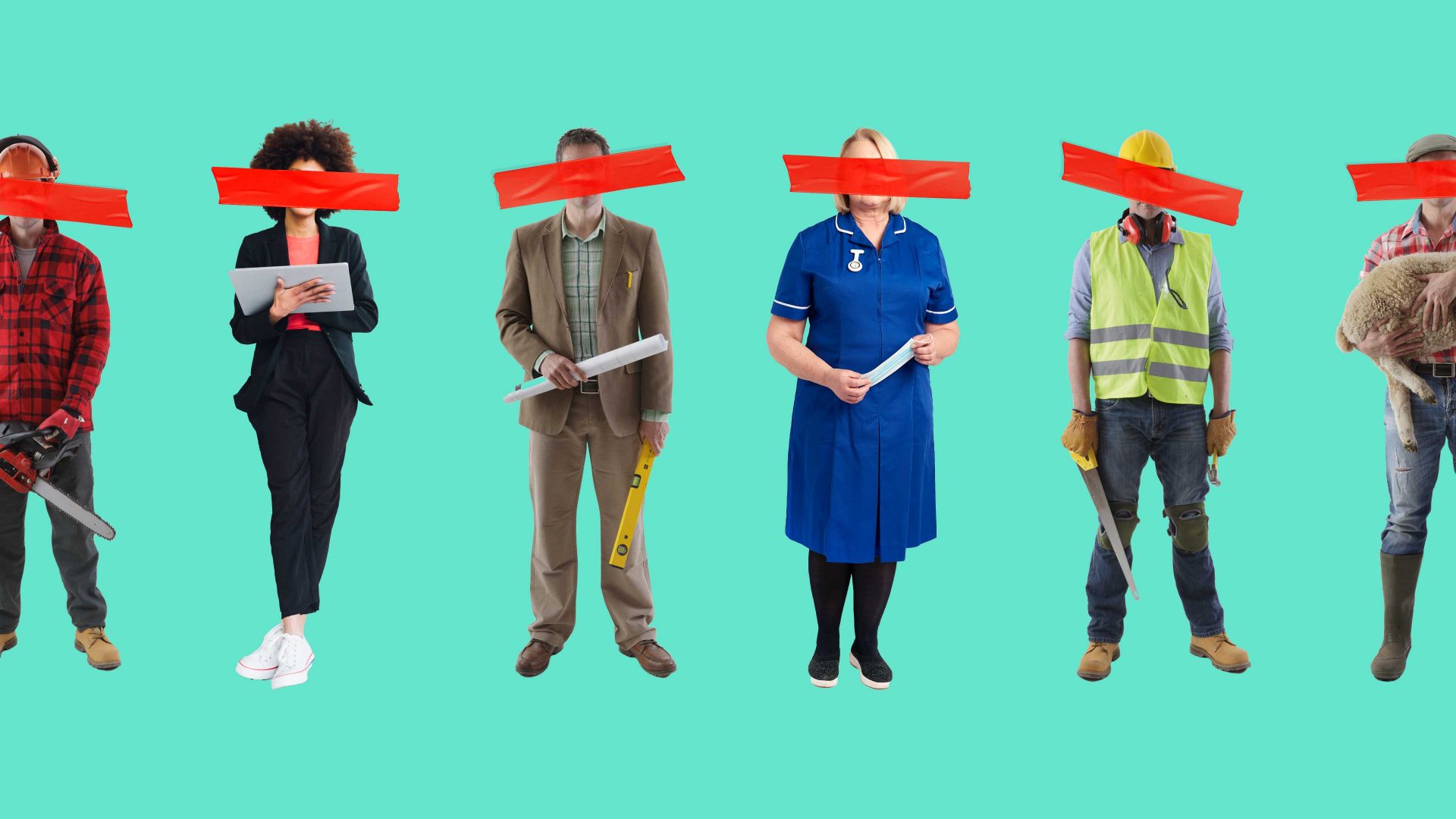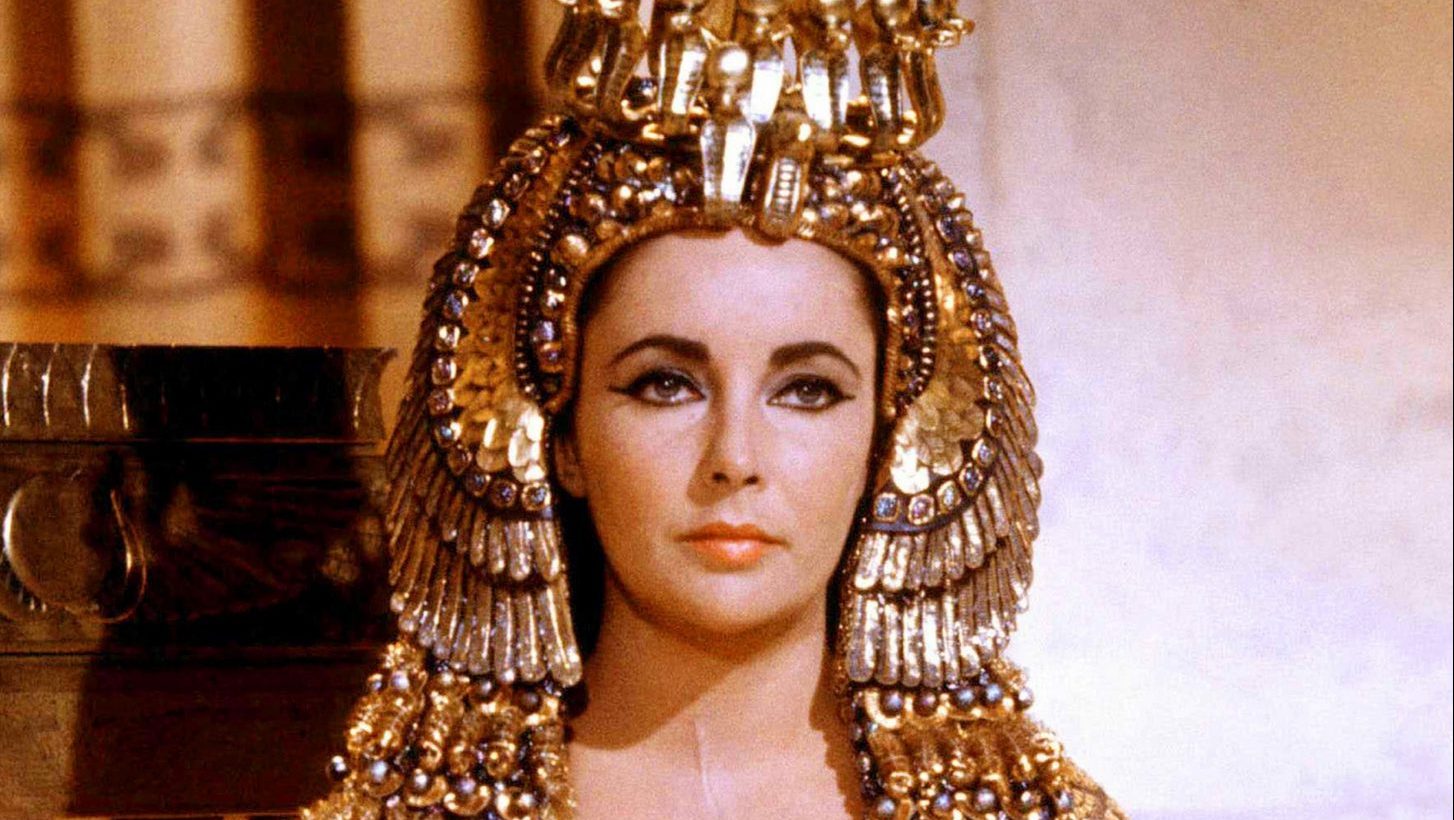“The truth is we need more migrants” by Jonty Bloom (TNE #351) was an excellent article. Restoring freedom of movement by rejoining the single market and the customs union, and ultimately rejoining the EU are – along with a vastly improved higher-level vocational training system – the most blindingly obvious steps the UK needs to take to improve growth, revive the economy and thereby improve the quality of life of the great majority of Brits. Isn’t that what governments are supposed to do?
There are two main barriers: the refusal of both the government and the opposition to admit that Brexit has been and will continue to be a disaster, and the hostile environment created by Nigel Farage, the right wing of the Tory Party, Priti Patel, Suella Braverman and the Home Office, and the right wing media. Why would many, if any, skilled or unskilled workers from the EU want to come here when they know what sort of reception they will receive and when they are welcome elsewhere in the EU?
Reverse the anti-immigration rhetoric and recognise that, as Jonty says, we will need hundreds of thousands of skilled migrant workers for decades to come. Immigration is the oil the economy needs, not the dirty stuff under the North Sea.
Rex Nesbit
The only political party that openly acknowledges the obvious regarding immigration is the SNP. Scotland and England are two countries headed in diametrically opposed directions, and the course the English parties are insisting they must follow is taking their country straight down the drain.
Ian Anderson
Pay the piper
Simon Barnes’ “How big money broke Britain” (TNE #351) doesn’t go far enough. From Thatcher onwards, successive governments – Labour and Tory – have become so reliant on free market finance to shore up funding of the nation’s capital projects that inevitably the moral compass of government has swung to follow that big money. The piper must be paid.
Andrew Shand
Meysey Hampton, Glos
Grow up!
It’s a pity that reputable serious journalists such as Alastair Campbell use playground jibes when referring to those of whom they disapprove. It is demeaning to the writer to use such language as “nicotine-stained man-frog” when referring to Nigel Farage (Diary, TNE #351). Drop it, please.
Jane Valentine
Wivenhoe, Colchester
Ed case
Re: Mandrake’s story (TNE #351) about the Lib Dem conference clashing with the March for Rejoin. Aside from the Lib Dems now being timid about the Rejoin cause despite it being a policy motion passed by members at the last conference, Ed Davey is generally a weak leader who carries coalition baggage. I never quite understood how he was elected over Layla Moran, who came across as more dynamic and progressive.
The Lib Dems could do a lot worse than replace Davey with Moran.
Chris Stratton
The Lib Dem autumn conference for 2024 is already booked – it is in Brighton from September 14-17. That’s how far ahead these things are planned and they can’t just be moved. The march organisers could have checked if they wanted to maximise attendance.
Jacqui Taylor
Via Facebook
State reading
I enjoyed Charlie Connelly’s “Books for your great summer escape” (TNE #351), not least because I’ve just finished a brilliant recommendation of his from December 2021 – The Passenger by Ulrich Alexander Boschwitz.
I never seem to have time to browse in a bookshop (I’m sure that’s due to Brexit in some way!) so I love Charlie’s lists of his favourite books. Could we have a book from each EU state for Christmas maybe?
Chris Boddy
Tyne and Wear
Wave power
In his letter (TNE #351) replying to my own (TNE #350), Richard Scales says I missed a vital source of green energy in the form of tidal and wave power. I did not mention it because this resource is too small to be useful. It is also very expensive to produce energy this way.
I would strongly recommend Mr Scales, and indeed any other reader who would like to find out the truth about renewable energy – which is that this country lacks the resources to produce renewable energy for more than a small fraction of the energy we currently consume – to read Without Hot Air by the late Prof McKay, who was for a time David Cameron’s energy adviser. The book was written 20 years ago, but the laws of physics have not changed, and the information in the book shows what happens when you apply the laws of physics to all these different types of renewable energy. The results will surprise some readers.
It is perhaps surprising, given the conclusion of this book, that we should have embarked on building wind turbines and solar PV. I believe the answer lies in the oil industry. By the government’s own admission, they are taking advice from the oil industry on how to decarbonise the UK.
If I were an oil industry employee, and wanted to make sure nothing affected my business, I would advise the government to build wind turbines and solar PV parks, which will provide energy only intermittently and will never be big enough to stop us from importing oil and gas, while at the same time giving the impression that something was being done.
Brian Pollard
North Hill, Plymouth
Under age
How lovely to see a photo of Rishi Sunak and his family off to see Barbie illustrating Matthew d’Ancona’s column (TNE #350). Only slightly concerning that the film is a 12A certificate and his children are nine and 11. Of course, this government is renowned for struggling to tell the true age of children – so perhaps this is no surprise.
Tim Williams
Gloucestershire
Belfast politics
Michael Gilson’s account of the Belfast flag riots of 2013 (“A very delicate reunion”, TNE #350) needs nuancing. Sinn Féin initially sought parity between flying the Irish tricolour and the union flag on Belfast City Hall but was persuaded by Alliance to accept a compromise proposal to fly the union flag only on those days designated by the UK government for its display in Britain.
It was against this that Loyalist anger was directed and the focus of their wrath was not so much Sinn Féin as Alliance and particularly its leader, Naomi Long, who had won the East Belfast Westminster seat from the DUP in 2010. The agitation received “discreet” support from sections of the Ulster Unionist Party anxious to embarrass their DUP rivals who were sharing power at Stormont with Sinn Féin under Peter Robinson, former DUP Westminster MP for East Belfast. The result was that the DUP regained the seat in 2015.
Since then, Alliance fortunes have much improved due, in part, to the Brexit debacle. One aspect of this, commonly overlooked in Britain, is the possibility of Alliance gains from the DUP in the forthcoming UK general election, particularly if there is tactical voting by Sinn Féin and SDLP supporters in areas currently represented by the DUP.
Such a development could radically alter the political landscape in Northern Ireland. It would also reduce the number of Brexit fanatics at Westminster.
Ed Kelly
St Helens, Merseyside
Imagine…
I would suggest to David Murray (Letters, TNE #350) that there is another way of considering PR. Imagine if we’d had that system in place back in the 1990s, when Sir James Goldsmith launched his anti-EU party. Then Ukip would have won its place in Westminster and the Conservative Party would not have found it necessary to lurch to the right to attract those votes to win power.
We would not have had Brexit – but nor would we have had the New European.
Kate Burge
London NW3
By supporting a semi-feudal form of electoral system, David Murray draws precisely the opposite observation to lived reality. This was proven in 2019 when an increasingly far-right party got 44%, which is rather more than the 2% claimed.
When pinning up the map of percentages published in the previous edition, the only other European country to use FPTP should also be circled by way of illustration: Belarus. A country, as it happens, that is similarly in hock to implementing Russian foreign policy.
Oliver Stutter
Considering the ever-increasing criticism of Brexit, can there be anyone anywhere who still thinks that Scotland exiting the UK would be a good idea? Perhaps a federal arrangement would be a solution as a precursor to applying to rejoin the European Union.
Margot Kerr
Inverness, Scotland
Vive la musique!
I know Marie Le Conte’s “How I fell for French music – eventually” (TNE #350) focused on rock and pop, but for the writer to say that the French have never excelled at music is to do her country fellows a terrible disservice. The pop might not be fantastic, but what about Poulenc, Debussy, Ravel, Erik Satie, Saint-Saëns…
Sue Dyson
Via Facebook
Check out Machaut, des Prés, Rameau, Berlioz, Messiaen, Piaf, Murail: France has for 1,000 years been a musical empire!
Nicholas Bannan
QAnon strain
James Ball’s book The Other Pandemic: How QAnon Contaminated the World, as previewed in TNE #349, is helping me to understand the bizarre political scene globally and in particular in the US. His explanation of the mutation of a conspiracy theory to protect itself from reasonable refutation is a considerable contribution in these troubled times.
Tudor Rickards
Emeritus professor of creativity, University of Manchester
Precious NHS
Paul Mason’s “Let’s say the unsayable: only the rich paying more tax will save our NHS” (TNE #348) provided a fine analysis but, having had substantial experience of the NHS here in Cumbria over the last five years for me, my late wife and our daughter, I must express a high level of satisfaction. The chronic staff shortage was obvious, but so was the dedication, skill and care of the staff.
We spent 10 hours a day helping our daughter in the ward after she broke her arms, and it was clear that with a 30% shortage, there was far too much work for the staff. But it was remarkable how cheerful they remained. It is a tragedy that the government has persistently failed to recognise their efforts via the pay packet.
One of the biggest issues on which successive governments have failed is the lack of integration of health and social care systems. It is nearly 40 years since I sat in meetings discussing this matter. Plenty of words, but hardly any action.
I doubt whether the privatisation of care services has helped, and this sector is also underfunded. The only negative experience we had during my wife’s illness was the poor delivery of care at home from a private provider.
The NHS is precious and the next government must recognise this with both policies and funding.
Malcolm Kimber



